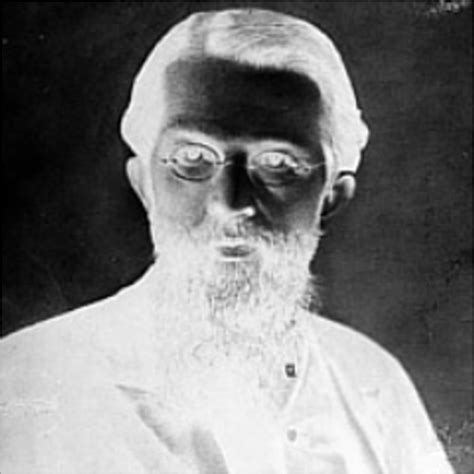Summing Up, Part 1
 As we know, the Austrian School is – but is not limited to – a heterodox branch of bourgeois economics. It is, however, founded upon a more-or-less explicitly political project. And this project continues to animate its zombie, and its zombified victims, infected by its bite. But then the Austrians’ iteration of the new (in the 1870s) bourgeois economic doctrine of marginalism was always a political project, even in its dry theoretical basis.
As we know, the Austrian School is – but is not limited to – a heterodox branch of bourgeois economics. It is, however, founded upon a more-or-less explicitly political project. And this project continues to animate its zombie, and its zombified victims, infected by its bite. But then the Austrians’ iteration of the new (in the 1870s) bourgeois economic doctrine of marginalism was always a political project, even in its dry theoretical basis.
Marginalism itself arose as a way to escape the increasing obviousness of the fact that capital exploits labour. This was a necessary project as capital spread across the globe. It took the conscious form of an attempt to address genuine weaknesses in the classical labour theory of value. These weaknesses were interpreted as evidence that the theory needed to be discarded precisely because the class position/alignment of the theoreticians addressing the issue pushed them towards a view of value which did not derive from labour. It became an even more necessary project after the Paris Commune scared the shit out of the bourgeoisie.
The Austrian School, in the person of Menger, helped create marginalism. But it continued to exist as a distinct trend within marginalism because of the nature of Menger’s iteration of marginalist ideas – namely his rejection of mathematics; vociferous and foundational opposition to what was called the ‘Historical School’, basing himself on “general laws” and “typical phenomena” rather than historical specifics – which he passed down to a succession of thinkers which formed the Austrian tradition. For contingent historical reasons (the intellectual climate of fin de siècle Austria, the existence of Austro-Marxism, etc), the Austrian marginalists were the ones who concerned themselves most especially with attacks on Marx in particular and socialism in general. They made the political (i.e. class) aspects of marginalism relatively explicit, at least in terms of what they attacked. The Austrian trend within marginalism was the most consciously ideological. This approach is inherently ideological. Bohm-Bawerk develops Menger in direct response to Marx, and this as a result of combat with Austro-Marxism. But the emphasis on the subjective and the general is political in itself. It is based on a class position, and on interests.
I think there is a question as to what extent the Austrian School actually exists in any coherent form rather than as a broad tendency or aesthetic, with its opposition to Marx and socialism as its most important markers. There are delineable basic intellectual principles, but even they tend to be quite flexible. Thinkers within the Austrian tradition will disagree about many things, some of them quite fundamental. This is worth mentioning because it can cause trouble as one generalises – which one needs to do unless one is engaged in a detailed account. What is true of one ‘Austrian’ is not true of another. The Austrian School has a built-in defence mechanism which makes it hard to take aim at: it doesn’t really exist. That’s a somewhat cheeky and overstated way of saying that its members believe all sorts of things, many of which are contradictory, some at a fundamental level.…


